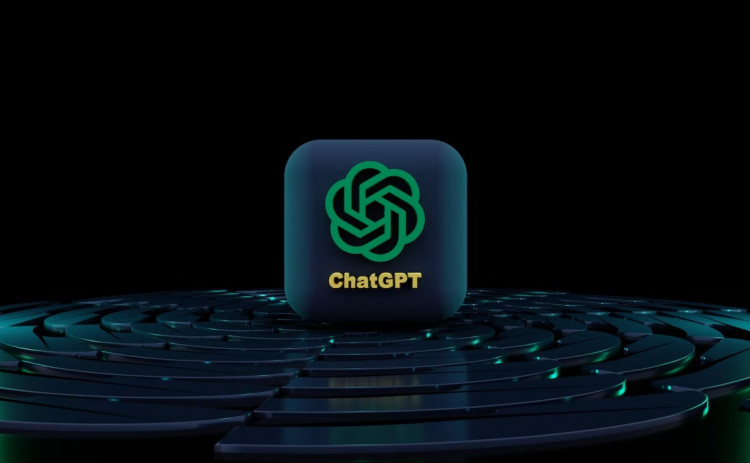Microsoft and OpenAI's partnership is not as harmonious as it seems on the surface. This subtle discord between the two tech behemoths has unveiled unexpected fissures in their alliance. Microsoft, in order to avoid antitrust scrutiny, holds only 49% of OpenAI's shares, limiting its direct control over the latter.
OpenAI and Microsoft - a company controlling the world's most advanced AI models and a tech giant worth over two trillion dollars - can be seen as a prime example of symbiotic relationships in today's tech industry. Microsoft's billions in investments have positioned it favorably in the AI wave, boasting rights to investors. Simultaneously, OpenAI has hitched a ride on Azure, securing a worry-free position in the financially demanding AI model race.
However, a recent Wall Street Journal report suggests that this partnership is not as sweet as it appears. Under the surface of Microsoft and OpenAI's collaboration lie hints of friction and cracks in their alliance.
OpenAI and Microsoft offer similar products through different channels. Microsoft sells access to GPT technology through its cloud service, Azure, while OpenAI sells directly. This has led to confusion among some customers who purchase GPT services, as reported by the Wall Street Journal on June 13. These customers say they often receive sales pitches from both Azure and OpenAI for identical products, creating a bewildering experience.
Moreover, OpenAI sometimes provides services to Microsoft's competitors. For example, OpenAI customized a chatbot product called Einstein GPT for Salesforce, a long-time rival of Microsoft. This product can autonomously generate marketing emails, similar to the Viva Sales feature developed by Microsoft's GPT models.
Additionally, while Microsoft is determined to compete with Google in the search engine market, OpenAI has been subtly undermining Microsoft's efforts. Citing insider sources, the Wall Street Journal reported that OpenAI had discussions about product licensing with various search engine companies other than Microsoft's Bing over the past year. In March, search engine DuckDuckGo launched an AI search assistant, DuckAssist, backed by technology from OpenAI.
Microsoft's special relationship with OpenAI, a closely allied company, is the primary reason for this covert tension. Since 2019, Microsoft has invested billions of dollars in OpenAI, allowing it to use Azure's computing power for free. In return, Microsoft reaps 75% of OpenAI's profits until its investment is recouped, and subsequently receives 49% of profits within a certain limit.
However, OpenAI's technology doesn't belong to Microsoft, and Microsoft doesn't hold direct control over OpenAI. To dodge antitrust scrutiny, Microsoft only holds 49% of OpenAI's shares, allowing OpenAI to operate almost entirely independently. Only a few internal teams at Microsoft have access to the core information of the GPT models, like the codebase and model weights. To most Microsoft employees, OpenAI is no different from any other external supplier.
This unusual situation is rare among tech giants' investments in startups. Generally, after acquisition or investment, large companies either completely integrate the teams or fully absorb the startup's technology. There are few instances where an invested company ends up competing with its investor, like OpenAI is doing with Microsoft.
Regarding the most crucial AI chatbot products, the two companies aren't on the same page either. When OpenAI began publicly testing ChatGPT last November, Microsoft was busy integrating GPT into its Bing search engine. Some Microsoft employees believed that OpenAI released ChatGPT too early, which stole the limelight from the new Bing.
When Microsoft officially launched new Bing this year, OpenAI advised Microsoft against hastily integrating GPT-4 with Bing. The team at OpenAI pointed out that prematurely integrating GPT-4 could result in inaccurate or odd responses.
Currently, the new Bing has yet to achieve the kind of success that ChatGPT has seen. According to analytics company YipitData, ChatGPT's monthly users have reached 200 million, making it one of the fastest-growing consumer apps in history. On desktop, ChatGPT's daily visits are double that of Bing's.







